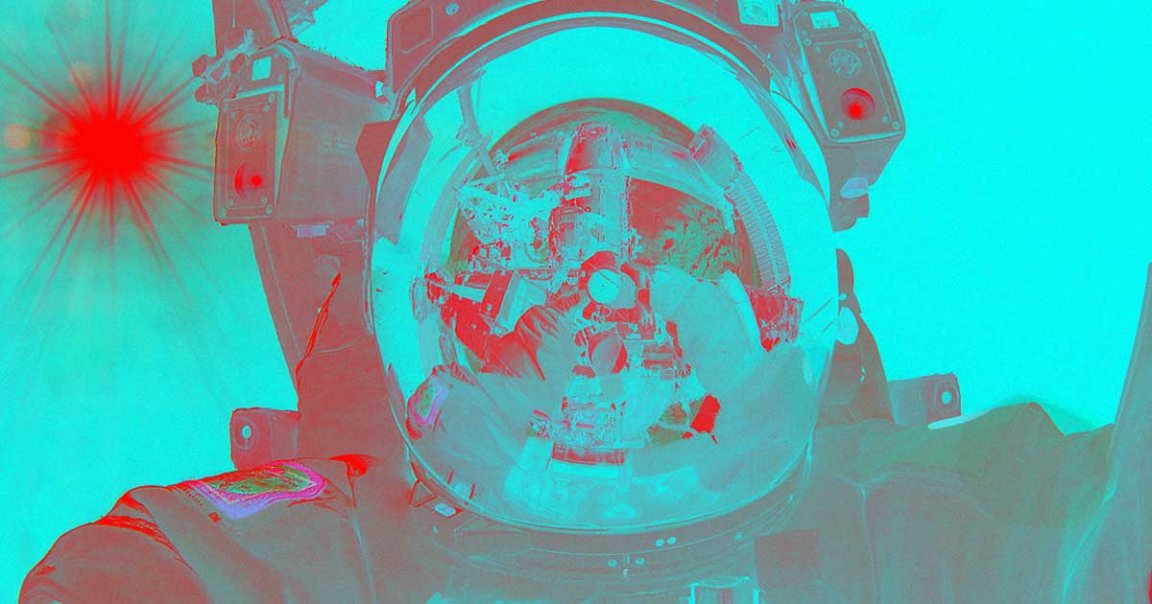
Galaxy Brain
A preliminary study suggests that a zero-gravity environment causes structural changes to the human brain — and that extended stays in space could lead to cognitive decline.
Brain scans of astronauts revealed structural changes, likely caused by the time spent in microgravity, and correlated them to signs of cognitive impairment, according to Space.com. It’s just the latest in a long list of troubling medical conditions seemingly caused by spaceflight — and which scientists will need to sort out before long-term space travel or off-world settlements become feasible.
First Look
The research, published last month in the American Journal of Radiology, only looked at a small number of astronauts, so the NASA and Medical University of South Carolina scientists behind it cautioned against putting too much weight in its findings until they can conduct a more robust experiment.
But for now, the team noticed that an extended stay in space correlated with physical changes to the brain, which in turn seemed to be linked to a drop in performance in cognitive and motor tests.
Upper Limit
The changes were spotted in astronauts who spent a long period of time on the International Space Station, but not those who only spent a brief amount of time in orbit on a shuttle.
“Not a lot is known about cognitive impairment in humans during spaceflight,” lead author Donna Roberts, a radiologist at South Carolina, said in a press release. “Although this study evaluates a small subset of astronauts, it’s significantly larger than any previously published study of its kind involving astronauts or Russian cosmonauts.”
READ MORE: Long Space Missions Can Change Astronaut Brain Structure and Function [Space.com]
More on space medicine: NASA Research: Astronauts Are Getting Clots, Bizarre Blood Flow